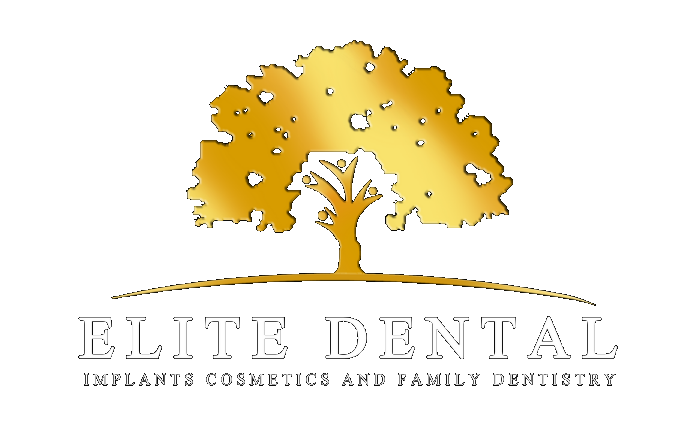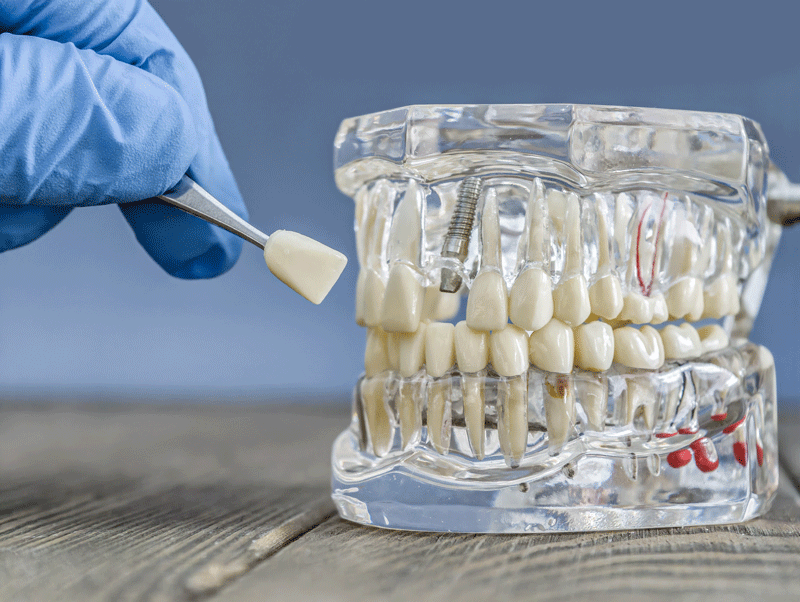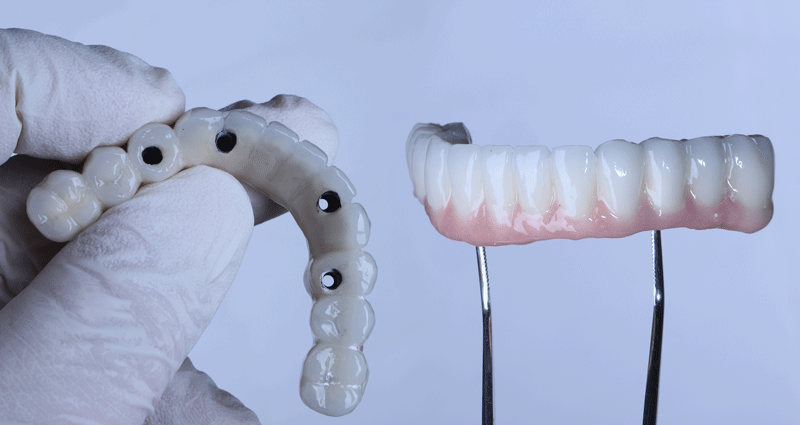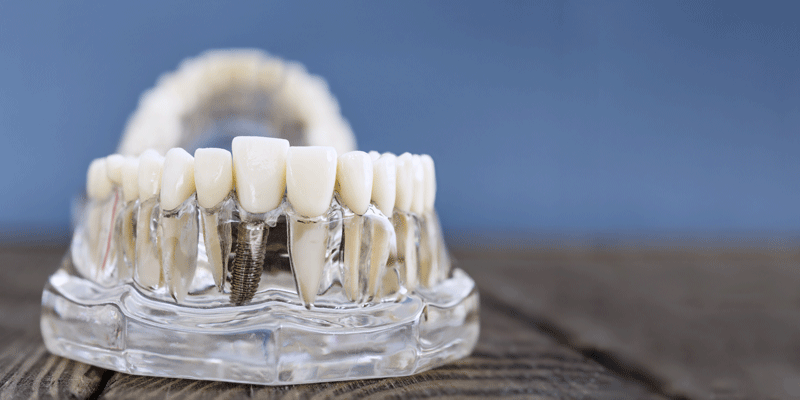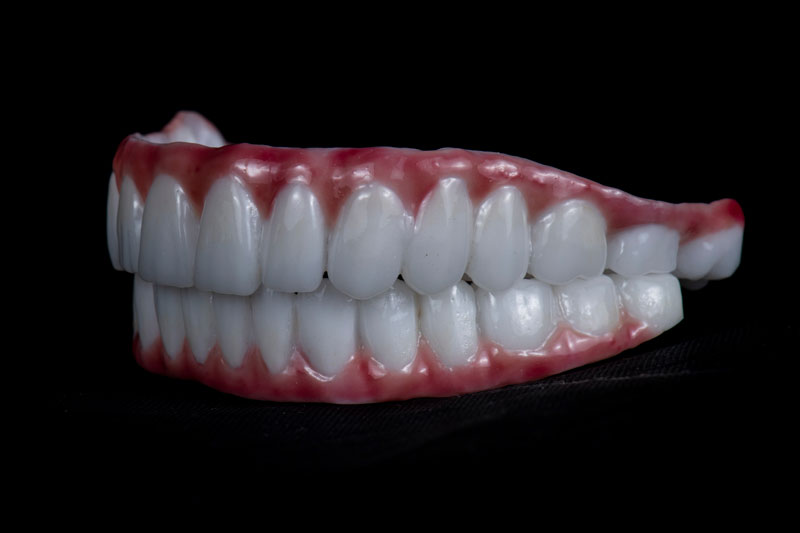Dental Blog - Greater San Antonio
Tips, Facts, And The
Latest In Dentistry

Unveiling the Mystery: What You Need to Know About Impacted Wisdom Teeth
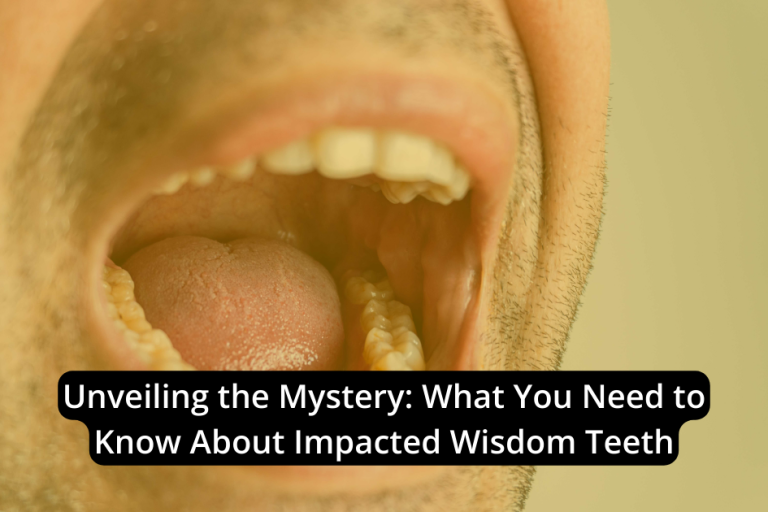
An impacted wisdom tooth is a third molar that hasn’t fully erupted due to insufficient jaw space. It can be fully or partially impacted, causing issues such as gum tissue impaction, infections, and potential damage to adjacent teeth. Signs to watch for include infection, swelling, and gum pain. Diagnosis typically involves dental x-rays. Treatment often requires surgical extraction. It’s important to consult with your dentist if you’re experiencing any symptoms suggestive of this common dental problem. Stick around for insights on the diagnostic procedures, treatment options, and effective preventive measures.
Understanding Impacted Wisdom Teeth
Getting into the topic of impacted wisdom teeth, it’s essential to understand that these are third molars that, due to lack of space in the jaw, fail to fully erupt through the gums. This lack of space can result in a fully impacted wisdom tooth, where the tooth is entirely within the gum, or a partially impacted wisdom tooth, where part of the tooth has emerged.
These impacted teeth can cause a variety of oral problems. For instance, gum tissue impaction can occur, which may lead to painful swelling and infection. More severe complications can also arise, such as damage to adjacent teeth if the impacted wisdom teeth are left untreated.
To diagnose these conditions, dental professionals often rely on dental x-rays. These images allow us to see the exact position of the wisdom teeth and determine the best course of action. Often, surgical removal of the impacted wisdom teeth is the recommended treatment to prevent future oral health issues.
The recovery from wisdom teeth removal typically involves rest, medication to manage pain and swelling, and careful oral hygiene practices. With proper care and follow-up, most people experience a smooth and successful recovery.
Identifying Symptoms and Causes
As a result, impacted wisdom teeth may not always cause noticeable symptoms, when they do, it’s often due to infection, swelling, or pain in the gums. These symptoms can be quite discomforting for the individual, and in some cases, may even result in difficulty opening the mouth and a bad taste or odor. As healthcare professionals, we strongly urge anyone experiencing these symptoms to seek dental consultation promptly.
The causes of impacted wisdom teeth are often multifaceted. A lack of space in the jaw, for one, can restrict the growth and proper alignment of the wisdom teeth, leading to impaction. Similarly, the angle at which the wisdom teeth grow can also contribute to this condition.
Delayed eruption, another cause of impaction, refers to when the wisdom teeth don’t emerge within the expected timeframe. Genetic factors can also play a role, where certain inherited traits may increase one’s susceptibility to impacted wisdom teeth.
The complications associated with impacted wisdom teeth are serious and warrant immediate attention. These may include damage to neighboring teeth, infections, and even cyst formation. Thus, understanding the symptoms and causes can be highly beneficial in preventing or mitigating the effects of impacted wisdom teeth.

Diagnostic Procedures for Impaction
In diagnosing impacted wisdom teeth, we rely on dental examinations and X-rays to accurately determine the position and severity of the impaction. These diagnostic procedures form the basis of our thorough approach to identifying and addressing the issue.
It all begins with an initial dental examination. Here, we’re looking for symptoms such as pain, swelling, and difficulty opening the mouth. These signs can hint at the presence of impacted wisdom teeth.
Following the examination, X-rays give us a more detailed look at what’s happening beneath the surface. They allow us to:
- See the exact position of the impacted wisdom teeth, which is essential for planning any subsequent treatment.
- Assess the severity of the impaction, which helps us predict potential risks and complications.
- Evaluate any damage to neighboring teeth and the jawbone.
For complex cases, we might use 3D imaging for a thorough view of the impaction. This state-of-the-art tool provides invaluable details that traditional X-rays might miss, making it an important part of our diagnostic procedures for impacted wisdom teeth.
Through these steps, we make sure that our diagnosis is as accurate and detailed as possible, setting the stage for effective treatment.
Treatment Options Explored
After accurately diagnosing the position and severity of impacted wisdom teeth, we explore multiple treatment options tailored to each patient’s specific needs. The most common route taken is oral surgery, specifically surgical extraction. This involves the removal of the impacted teeth to alleviate any discomfort and prevent further oral health issues.
Prior to the surgical extraction, we may prescribe antibiotics to manage any existing infections related to the impacted teeth. During the procedure, we utilize effective pain management strategies to guarantee your comfort. Post-operative care is equally essential, and we’ll provide detailed instructions to aid your recovery process. This often includes following a soft diet, to allow the surgical site to heal properly.
Follow-up appointments are an essential part of the treatment plan. Regular check-ins enable us to monitor your progress, address any concerns, and modify pain management measures if needed.
Recovery Timeline and Expectations
Anticipate a recovery period of one to two weeks following an impacted wisdom tooth extraction, during which common experiences include swelling and discomfort. We acknowledge that this post-surgery period can be challenging, but rest assured, your body is working hard to heal.
During this recovery timeline, here’s what you can generally expect:
- First Few Days: Swelling and discomfort are most prominent. Applying an ice pack can help manage these symptoms. It’s also critical to maintain a soft diet to avoid irritating the extraction site.
- First Week: Gradually, you’ll notice the swelling subsiding and discomfort easing. You can slowly reintroduce harder foods into your diet as tolerated.
- Second Week: By this time, most of the initial healing has occurred. However, the area where the impacted wisdom tooth was extracted may still feel a little different.
Preventive Measures for Impaction
Spotting potential impaction early is essential, and regular dental check-ups and X-rays can play a substantial role in this process. These preventive measures can detect if wisdom teeth are likely to become impacted, which can cause pain, infection, and other complications.
We can’t stress enough the importance of timely removal once we’ve identified a problematic tooth.
An orthodontic evaluation is another useful tool in our preventive arsenal. It can help manage the limited space in your mouth, allowing us to anticipate and potentially avoid the impaction of wisdom teeth. This proactive approach can save you from the discomfort that impacted wisdom teeth cause.
Good oral hygiene, including regular brushing and flossing, is another way to reduce the risk of impaction. It helps maintain a healthy oral environment, reducing the chances of infection and complications.
Moreover, lifestyle habits like avoiding smoking and limiting alcohol consumption contribute significantly to oral health. These actions can help prevent potential impaction by maintaining the overall health of your mouth.
Lastly, don’t delay getting your wisdom teeth removed if recommended by your dentist. This timely intervention can prevent many future complications.
Prognosis and Potential Complications
Moving forward, it’s important to understand that impacted wisdom teeth can lead to complications if not managed properly. When wisdom teeth become impacted, they can cause infections, cysts, and damage to neighboring teeth. It’s vital to note that early detection and appropriate treatment greatly improve the prognosis for those with impacted wisdom teeth.

Now, let’s explore potential complications:
- Sinus Issues: Impacted wisdom teeth, especially those in the upper jaw, can lead to sinus pain, pressure, and congestion.
- Gum Disease: Impacted teeth can be hard to clean, leading to gum disease and other oral health problems.
- Worsening Pain: Over time, the pain associated with impacted wisdom teeth can worsen, leading to discomfort and potential disruption of daily activities.
These complications highlight the importance of regular dental check-ups. Early detection of impacted wisdom teeth can prevent these problems, leading to better oral health and reduced risk of more severe complications in the future. Appropriate treatment, often extraction, can remove the source of the problem, alleviating symptoms and preventing further issues.
Living With Impacted Wisdom Teeth
While we’ve highlighted the potential complications of impacted wisdom teeth, it’s also important to understand what day-to-day life can be like when dealing with this condition. Living with impacted wisdom teeth isn’t a walk in the park. The constant pain and swelling can make routine tasks like eating difficult, turning meal times into a dreaded ordeal.
Moreover, the risk of infections and cysts is notably higher for those dealing with this condition. These infections not only exacerbate the existing pain but can lead to more serious health issues if left untreated. Additionally, the impacted teeth can cause damage to neighboring teeth, leading to more extensive dental problems down the line.
Indicators such as bad breath and jaw stiffness are often tell-tale signs of impacted wisdom teeth. These symptoms, combined with the aforementioned pain and swelling, can significantly affect one’s quality of life.
But it’s not all doom and gloom. With proper oral hygiene and regular dental check-ups, the effects of impacted wisdom teeth can be managed.
However, in most cases, surgical extraction is recommended to alleviate these complications. It’s a common procedure that can provide long-term relief from the discomforts of living with impacted wisdom teeth.
Conclusion
Don’t let impacted wisdom teeth diminish your quality of life! Contact us at Elite Dental at any one of our three locations, New Braunfels, Pleasanton, and San Antonio TX today to schedule a consultation, and take the first step towards a pain-free, healthy smile.
Our expert team is ready to help you address and resolve this issue swiftly. Act now to ensure your smile remains as vibrant and painless as possible.

